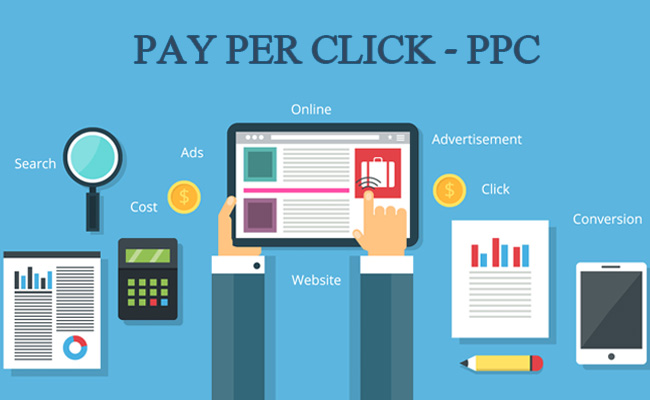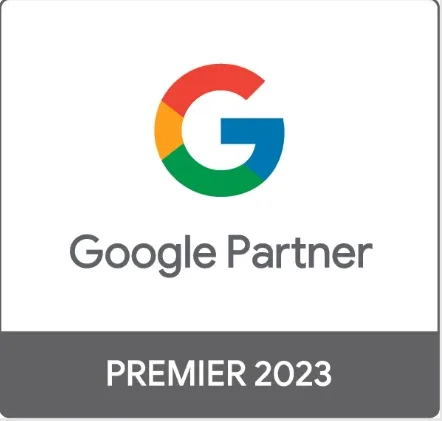
Pay per Click Managment
Pay-per-click (PPC) management refers to the process of overseeing and optimizing PPC advertising campaigns to ensure they meet the advertiser's objectives effectively. PPC advertising is a digital marketing model where advertisers pay a fee each time their ad is clicked. It's commonly used in search engine advertising, social media advertising, display advertising, and other online platforms.
Here's an overview of what PPC management entails:
1> Campaign Setup: PPC management begins with setting up campaigns on advertising platforms such as Google Ads, Bing Ads, or social media platforms like Facebook, Instagram, or LinkedIn. This involves defining campaign objectives, selecting targeting options (keywords, demographics, interests, etc.), creating ad groups, and setting budgets and bids.
2>Keyword Research: Identifying relevant keywords that potential customers are likely to use when searching for products or services related to the advertiser's offerings. Keyword research helps determine which keywords to target and how to structure ad campaigns effectively.
3>Ad Creation: Creating compelling and relevant ad copy that resonates with the target audience and encourages clicks. Advertisers must craft attention-grabbing headlines, compelling ad copy, and clear calls-to-action to maximize the effectiveness of their ads.
4>Bid Management: Monitoring and adjusting bid amounts to ensure optimal ad placement and maximize return on investment (ROI). Bid management involves adjusting bids based on factors such as keyword performance, competition, ad position, and budget constraints.
5>Ad Performance Monitoring: Regularly monitoring the performance of PPC ads to evaluate their effectiveness and identify areas for improvement. This includes tracking metrics such as click-through rate (CTR), conversion rate, cost per click (CPC), cost per acquisition (CPA), and return on ad spend (ROAS).
6>Ad Testing: Conducting A/B tests and multivariate tests to experiment with different ad variations (such as headlines, ad copy, images, and calls-to-action) and identify which combinations perform best. Ad testing helps optimize ad performance and improve campaign ROI over time.
7>Optimization: Making ongoing adjustments and optimizations to improve the overall performance of PPC campaigns. This may involve refining keyword targeting, adjusting bid strategies, optimizing landing pages, and refining ad creatives based on performance data and insights.
8>Reporting and Analysis: Generating regular reports to track key performance metrics and provide insights into campaign performance. Analyzing performance data helps identify trends, patterns, and opportunities for further optimization and informs strategic decision-making.
Overall, effective PPC management requires a combination of strategic planning, continuous optimization, and data-driven decision-making to drive targeted traffic, generate leads or sales, and achieve the advertiser's goals within their budget constraints. Many businesses choose to work with PPC management agencies or consultants to leverage their expertise and maximize the effectiveness of their PPC advertising efforts.






